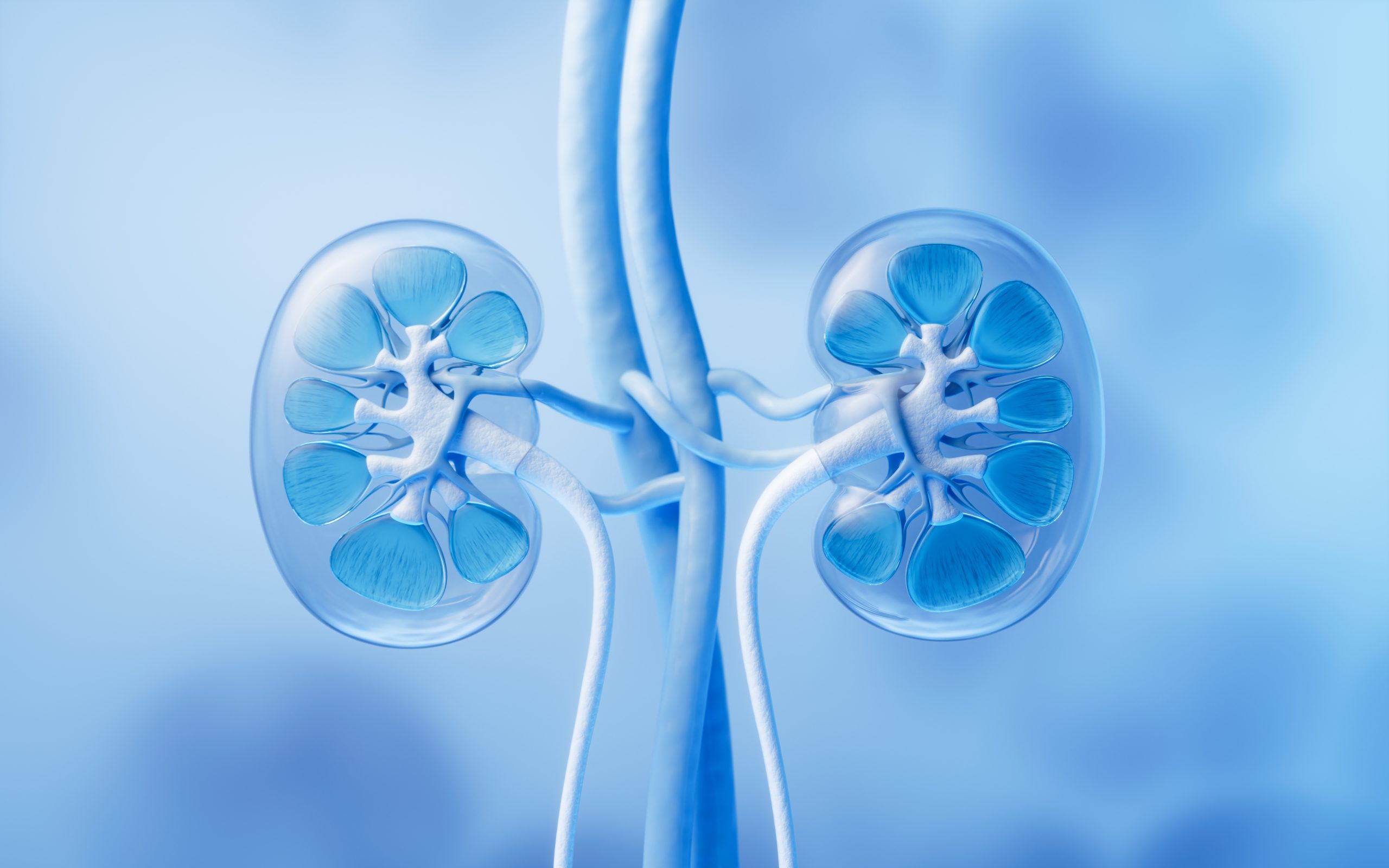

Change to the Normal Flow of Urine – Causes, Diagnosis, and Treatment at Emirates Hospitals Group
Changes to the normal flow of urine encompass a variety of alterations in urinary habits, including increased frequency, urgency, hesitancy, weak stream, dribbling, nocturia (nighttime urination), and pain during urination. These changes can be disruptive and indicate underlying health issues.
Several factors can cause changes in urine flow:
- Urinary Tract Infections (UTIs): Infections in the bladder, urethra, or kidneys can irritate the urinary tract, leading to increased frequency, urgency, and pain during urination.
- Benign Prostatic Hyperplasia (BPH): An enlarged prostate gland can compress the urethra, causing a weak stream, hesitancy, dribbling, and nocturia.
- Prostatitis: Inflammation of the prostate gland can cause similar symptoms to BPH, along with pain in the groin or lower back.
- Overactive Bladder (OAB): This condition involves involuntary bladder muscle contractions, leading to urgency, frequency, and nocturia.
- Diabetes: High blood sugar can increase urine production, resulting in increased frequency and nocturia.
- Dehydration: Concentrated urine due to dehydration can irritate the bladder, causing urgency and pain.
- Medications: Certain medications, such as diuretics, can increase urine output.
- Bladder Stones: Stones in the bladder can obstruct urine flow and cause pain.
- Urethral Stricture: Narrowing of the urethra can restrict urine flow, leading to a weak stream and dribbling.
- Bladder Cancer: While less common, bladder cancer can cause changes in urine flow, including blood in the urine.
Diagnosing the cause of altered urine flow involves a medical history, physical examination, and diagnostic tests:
- Urine Analysis: Checks for infection, blood, or other abnormalities.
- Urine Culture: Identifies specific bacteria causing a UTI.
- Blood Tests: May assess kidney function or check for diabetes.
- Prostate-Specific Antigen (PSA) Test: Used to screen for prostate cancer (in men).
- Digital Rectal Exam (DRE): Allows the doctor to feel the prostate for enlargement or abnormalities (in men).
- Urodynamic Studies: Evaluate bladder function and urine flow.
- Cystoscopy: A procedure where a scope is inserted into the urethra to visualize the bladder and urethra.
- Imaging Tests (Ultrasound, CT scan): May be used to visualize the urinary tract and identify abnormalities.
Treatment for altered urine flow depends on the underlying cause:
- UTIs: Antibiotics are prescribed to treat the infection.
- BPH: Treatment options include medications to relax the prostate or shrink it, or surgery to remove part of the prostate.
- Prostatitis: Treatment may involve antibiotics, anti-inflammatory medications, or alpha-blockers.
- OAB: Medications can help relax the bladder muscles and reduce urgency and frequency.
- Diabetes: Managing blood sugar levels is essential.
- Dehydration: Increasing fluid intake is crucial.
- Bladder Stones: Treatment may involve medications to dissolve the stones or a procedure to remove them.
- Urethral Stricture: A urologist may perform a procedure to widen the urethra.
- Bladder Cancer: Treatment depends on the stage and type of cancer and may involve surgery, chemotherapy, or radiation therapy.
It is important to consult a doctor if you experience any significant changes in your normal urine flow, especially if accompanied by pain, blood in the urine, fever, or other concerning symptoms. Early diagnosis and treatment are crucial for managing the underlying condition and preventing complications.
Related Treatments
Request an appointment
Please complete the details and we will book you shortly.
